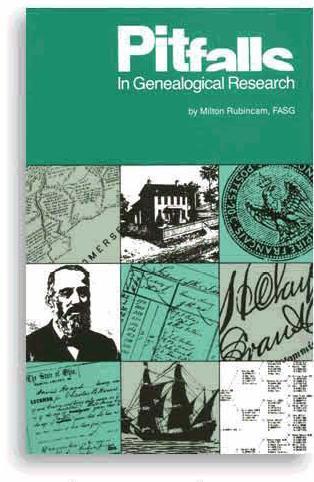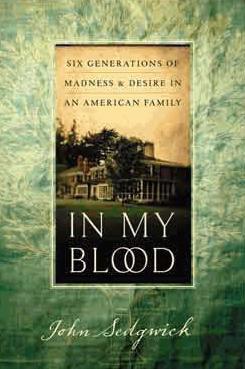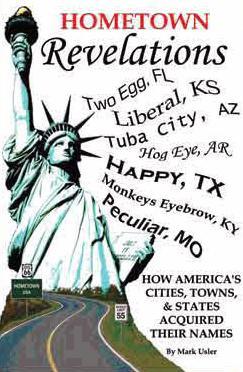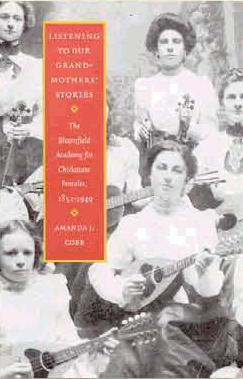Sign up for the Family Tree Newsletter Plus, you’ll receive our 10 Essential Genealogy Research Forms PDF as a special thank you!
Get Your Free Genealogy Forms
"*" indicates required fields
Required Reading: Classic resources you shouldn’t research without.
Two decades after its publication, Milton Rubincam’s Pitfalls in Genealogical Research (Ancestry) is still one of the best and most helpful books in genealogy. You’ll find its practical guidance isn’t the least bit out of date – Rubincam offers sage advice on problems that will always plague genealogists: family traditions; dates; the 1752 calendar change; people of the same name in the same place at the same time; and interpretation of terms such as Mrs., nephew, cousin, junior/senior and now wife. The first chapter, “The Sanctity of the Printed Word,” rings as true for today’s electronic tools as it does for traditional published sources. Best of all, this classic comes at a bargain price-perhaps the best $8 you’ll spend on genealogy this year.
Hot off the Press: New books to heat up your family history search.
1 Novelist John Sedgwick shifts to family history memoir with In My Blood: Six Generations of Madness and Desire in an American Family (HarperCollins). Looking for answers to his own malaise, Sedgwick researched his ancestry back to the late 18th century to discover that several of his forebears had suffered from depression. This family saga is also a journey of personal discovery.
2 Ever wonder how your hometown or your ancestor’s got its moniker? Find out in Hometown Revelations: How America’s Cities, Towns, and States Acquired Their Names by Mark Usler (DM Enterprises). It covers most major US cities, as well as towns such as Peculiar, Happy and Monkey’s Eyebrow – likely including a few places in your family history.
Pro’s Picks: Genealogy gurus share their reading recommendations.
Women’s Life and Work in the Southern Colonies by Julia Cherry Spruill (W.W. Norton & Co.)
• Recommended by: Sharon Tate Moody, president of the Association of Professional Genealogists <apgen.org> and a 20-year genealogy veteran
• Book summary: This book is about I law, societal influences and restrictions placed on women in the Southern Colonies under England’s rule. It brings women’s lives into the limelight during a time when we don’t find many records about them.
•Likes and dislikes: The book was written in the 1920s and first published in 1938, before anyone else had published on this topic. Consequently, Spruill’s research was all done in original Colonial documents; she wasn’t influenced by anyone else’s work.
•Behind the scenes: I found this book when I was browsing book-vendor tables at a recent national genealogy conference. I can never resist a book that offers insights into the lives of our female ancestors.
• Lasting impressions: Women’s Life and Work in the Southern Colonies provides an amazing insight into how women attained positions in their families and communities, and how women were perceived by men.
• Best bonus: Although this book didn’t affect the way I do research, it gave me a better understanding of what I’m likely to find or not find in the records.
From the July 2007 issue of Family Tree Magazine.
ADVERTISEMENT





